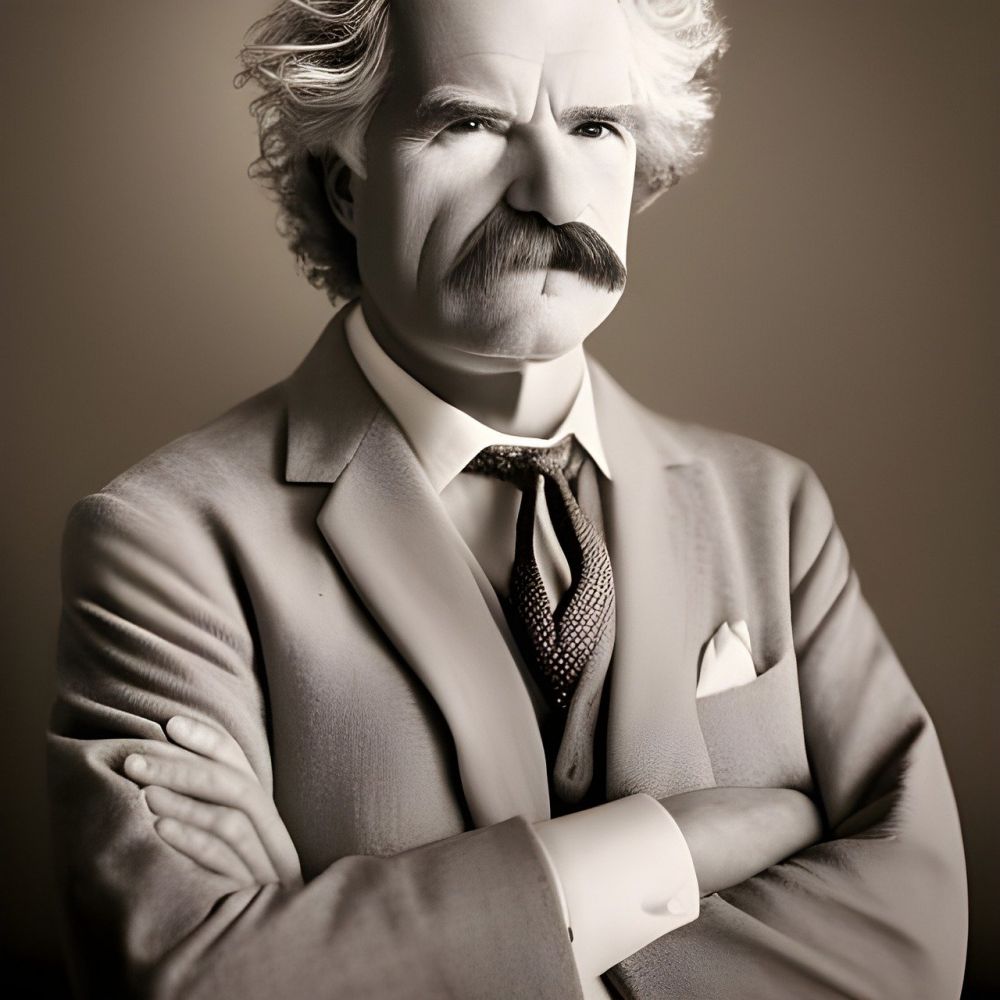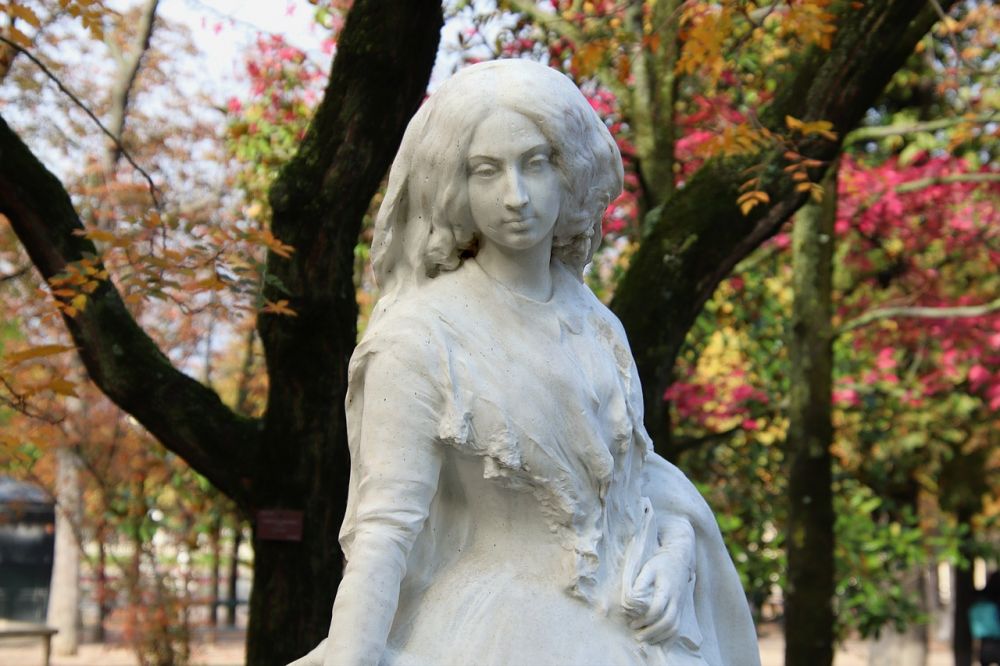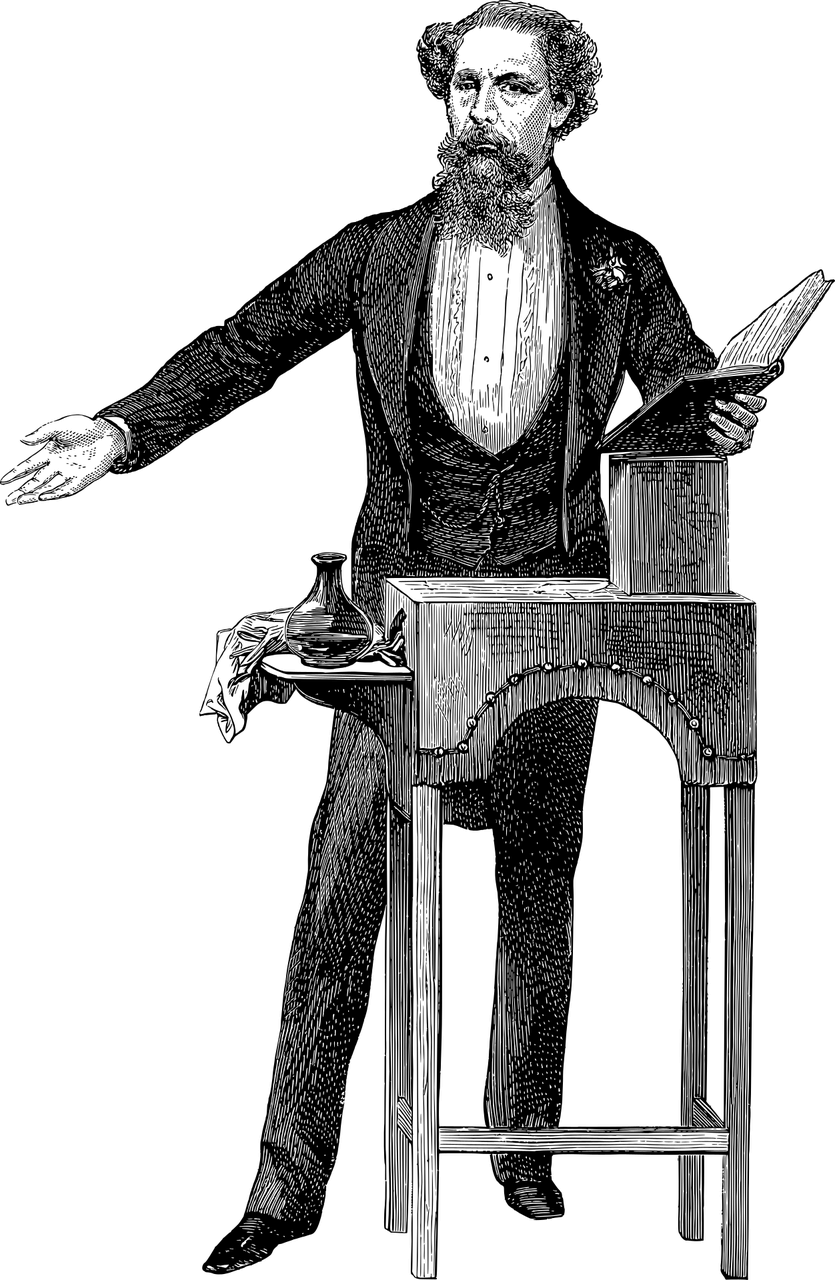Franz Kafka: A Deep Dive into the Mind of a Literary Genius
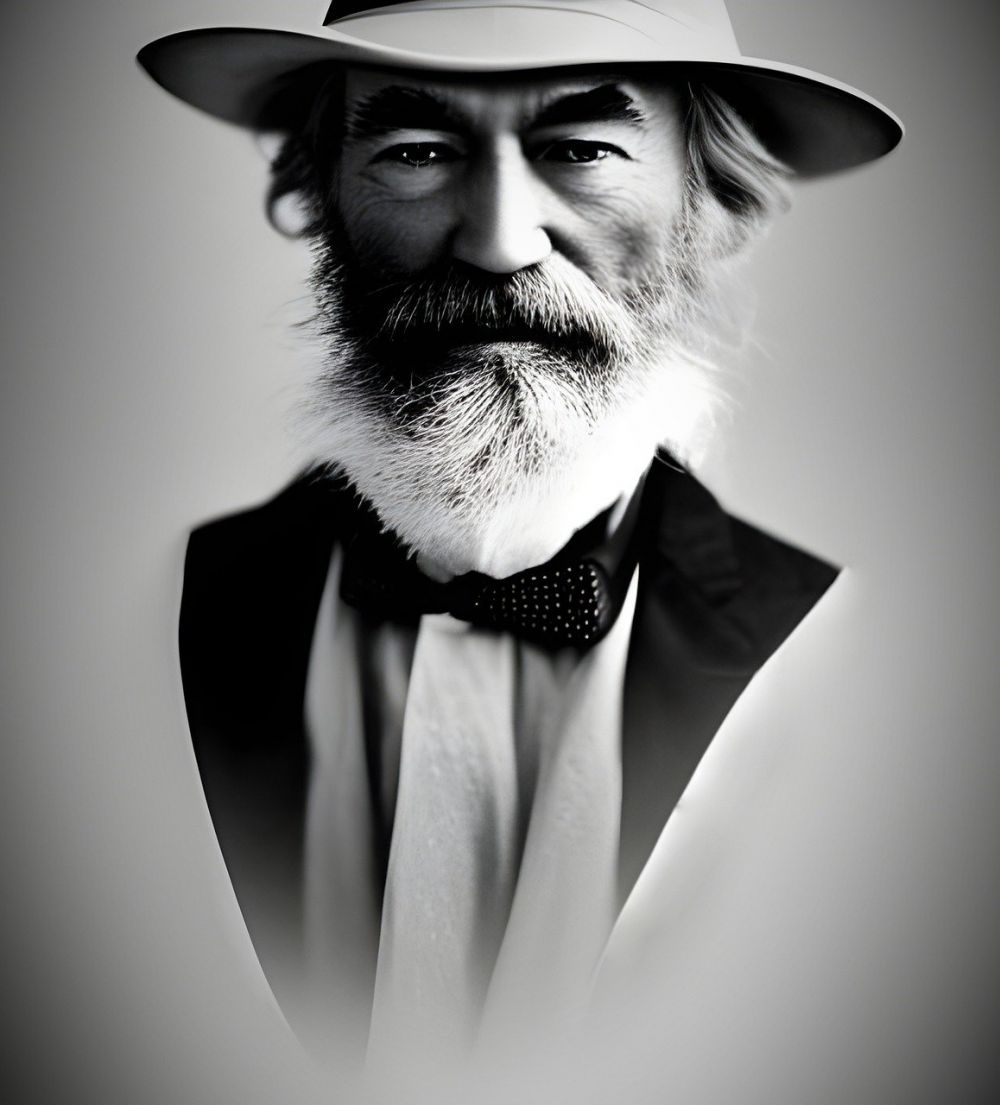
Introduction:
Franz Kafka, often hailed as one of the most influential writers of the 20th century, captivated the literary world with his unique blend of existentialism, absurdity, and psychological introspection. Born in Prague in 1883, Kafka’s works continue to mesmerize and puzzle readers, inviting them into a labyrinthine world of intricate metaphors and complex narratives. In this article, we delve into the life and legacy of Franz Kafka, shedding light on his literary contributions and their historical significance.
Part 1: Understanding Franz Kafka
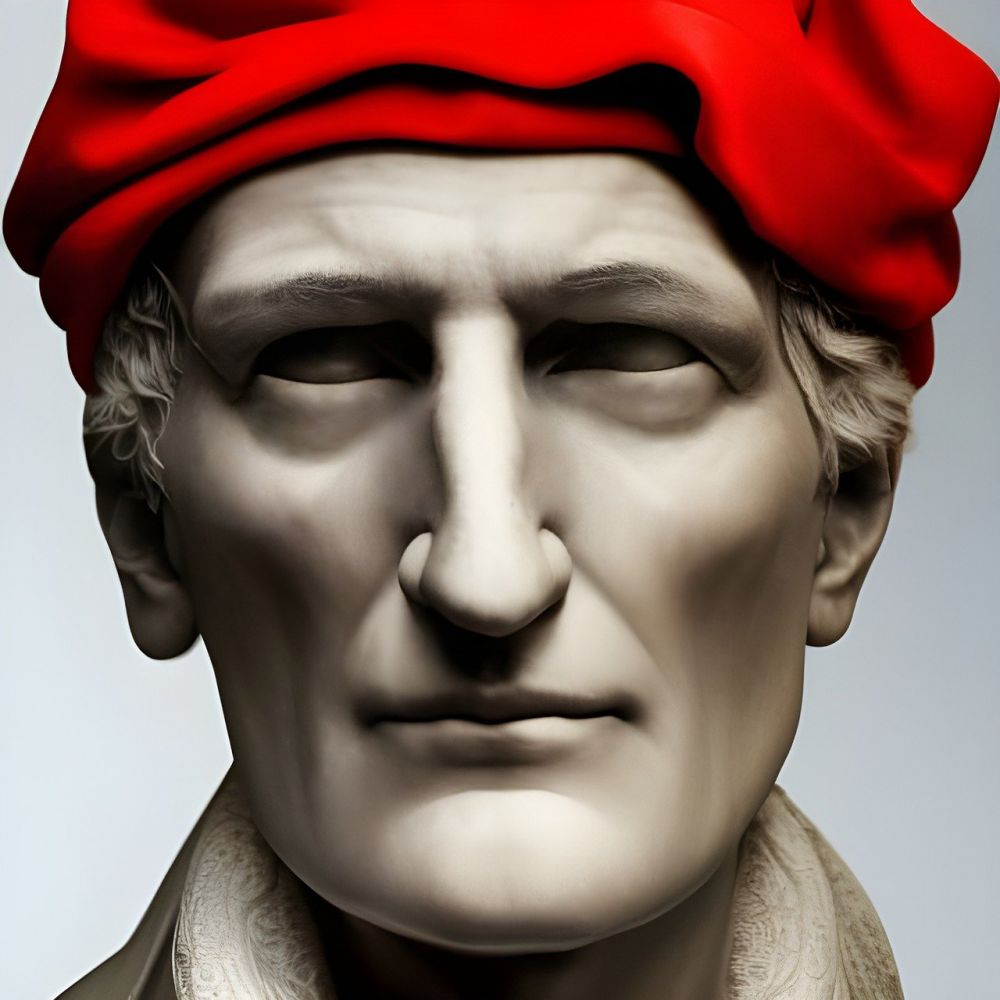
To truly appreciate Kafka’s literary genius, it is essential to delve into the core of his writing style and themes. Known for his ability to immerse readers in a sense of existential despair and absurdity, Kafka explored the human psyche like no other. His works often revolve around themes of alienation, guilt, and the struggle for identity.
– The Absurdism of Kafka’s Universe:
– Kafka’s works thrive on the absurdity of human existence, presenting characters trapped in impossible situations or facing insurmountable challenges.
– Through his writings, Kafka raises fundamental questions about the meaning of life and the futility of human pursuits.
– Alienation and Estrangement:
– Kafka’s protagonists often find themselves marginalized and estranged from society, mirroring the author’s own feelings of isolation.
– His works resonate with readers as they navigate the complexities of modern society and grapple with the difficulties of interpersonal relationships.
– Metamorphosis and Identity:
– “The Metamorphosis,” one of Kafka’s most renowned works, examines the theme of identity crisis, as the central character wakes up one morning transformed into a giant insect.
– Kafka’s exploration of identity challenges conventional notions and delves into the intricacies of human nature.
Part 2: Historical Developments of Kafka’s Literary Career
Franz Kafka’s literary journey was entwined with the political and cultural context of early 20th-century Europe. His development as a writer evolved alongside key historical events that shaped the world.
– Prague as a Cultural Hub:
– Kafka’s birthplace, Prague, served as a melting pot of diverse cultures, fueling his fascination with themes of alienation and cultural clashes.
– The interplay of German and Czech influences in Kafka’s life and writing adds an extra layer of complexity to his work.
– The Impact of World War I:
– The horrors of World War I had a profound effect on Kafka’s writing, infusing his narratives with a sense of hopelessness and despair.
– Through his works, Kafka mirrored the disillusionment felt by many during the war’s aftermath, grappling with the absurdity of human conflict.
– Posthumous Recognition:
– Kafka’s literary genius remained relatively unrecognized during his lifetime.
– However, after his friend Max Brod disobeyed Kafka’s request to burn his unpublished works, a posthumous surge in popularity propelled Kafka to international fame.
– Kafka’s writings became emblematic of the existentialist movement and influenced generations of writers, such as Albert Camus and Jean-Paul Sartre.
Part 3: The Influence of Franz Kafka’s Legacy
Franz Kafka’s impact on literature and art extends far beyond his lifetime. His philosophical introspection and unique narrative style continue to inspire and challenge artists, intellectuals, and readers around the world.
– Kafkaesque as a Genre:
– The term “Kafkaesque” has become synonymous with Kafka’s writing style, referring to situations of extreme absurdity, bureaucratic complexities, and a sense of alienation.
– Kafka’s legacy has permeated not only literature but also film, art, and theater, leaving an indelible mark on the cultural landscape.
– Contemporary Relevance:
– Kafka’s exploration of themes such as surveillance, power dynamics, and the erosion of individual agency resonates strongly in the digital age.
– The rise of authoritarian regimes and the erosion of personal freedoms have made Kafka’s works feel increasingly prescient and relevant.
Conclusion:
Franz Kafka’s enigmatic literary legacy continues to intrigue and challenge readers worldwide. Through his works, he offers a profound exploration of the human condition and the complexities of existence. Kafka’s ability to seamlessly blend absurdity with existential introspection sets him apart as a literary genius whose impact transcends time and place. Whether re-reading his classics or discovering his work for the first time, the allure of Kafka’s writing is sure to fascinate generations to come.
